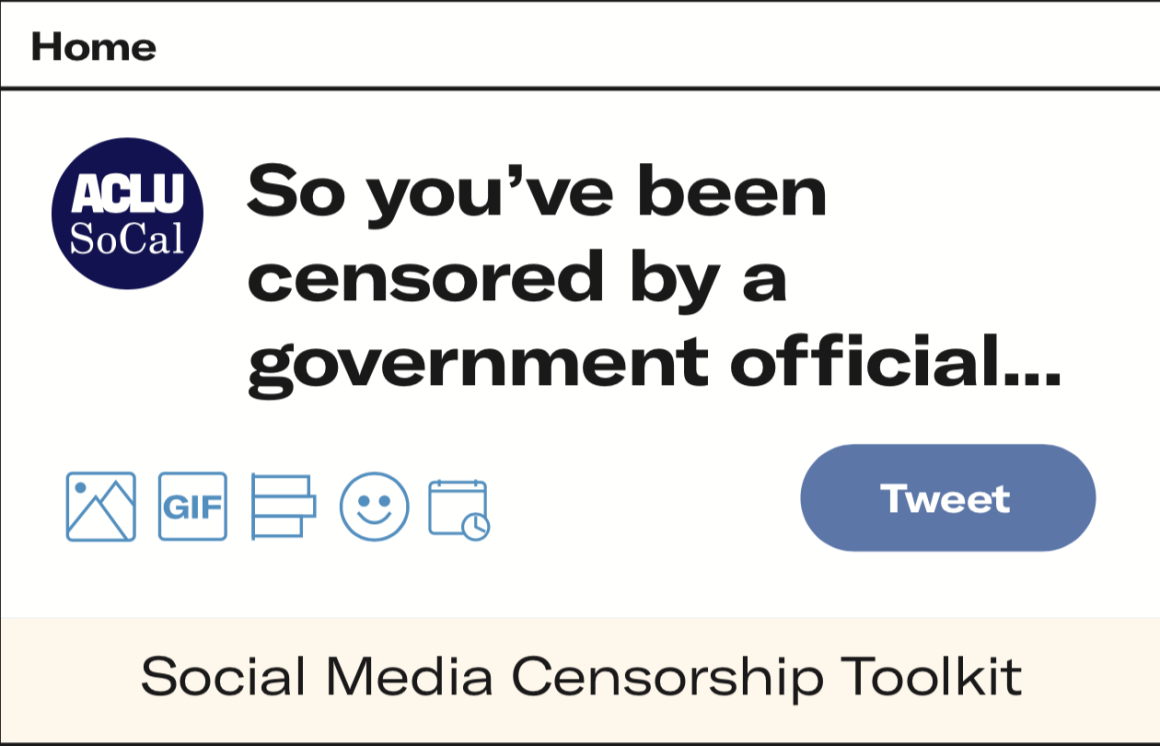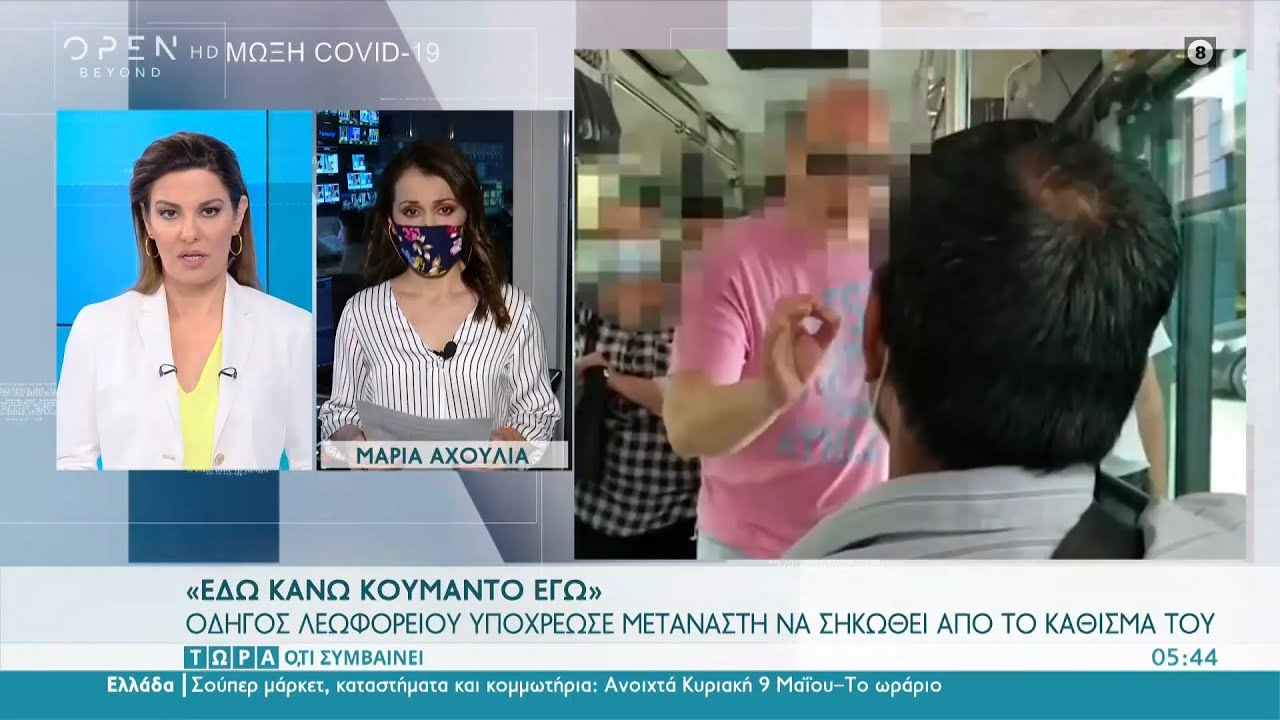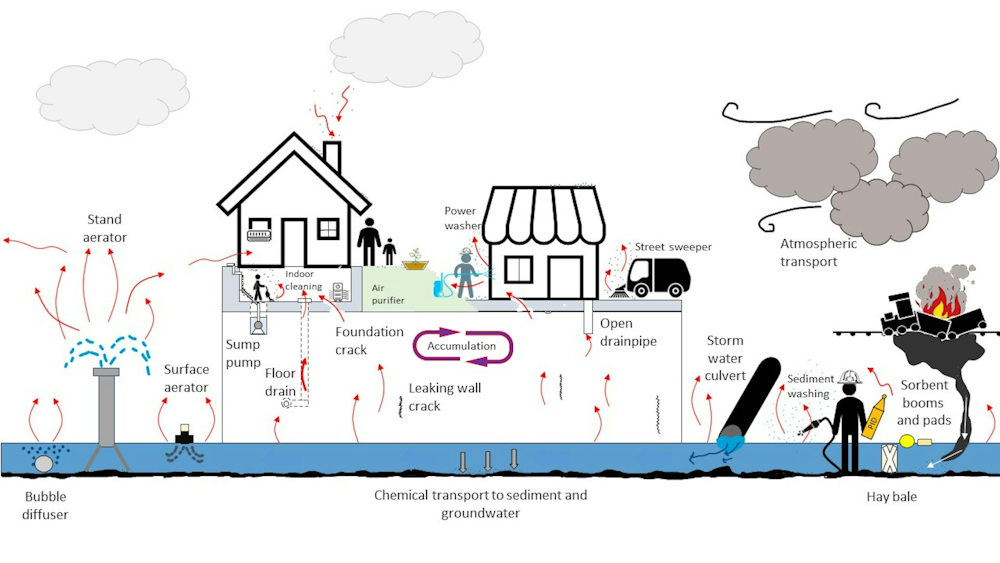Visa Restrictions: US Targets Social Media Censorship Practices

Table of Contents
Increased Scrutiny of Applicants from Countries with Censorship
The US government is paying closer attention to applicants' ties to governments known for censoring online content. This heightened scrutiny extends beyond simple background checks, delving into an applicant's digital footprint to assess their potential risk.
Focus on Government Affiliation and Online Activities
The analysis of an applicant's online presence is now a crucial component of the visa application review. This involves a thorough examination of various aspects of their digital life.
- Analysis of social media profiles for evidence of censorship support or participation: Posts, comments, likes, and shares are all scrutinized for any indication of support for or participation in online censorship. This includes examining engagement with government propaganda or the suppression of dissenting voices.
- Scrutiny of applicant's professional background for links to organizations involved in online suppression: Employment history is carefully reviewed to identify any association with entities known for their involvement in restricting online access or freedom of expression. This extends to identifying ties to organizations that actively monitor and censor online content.
- Increased background checks for individuals working in media, technology, and government sectors: Applicants working in these sectors face significantly heightened scrutiny, as their positions may provide opportunities for influence or participation in censorship activities. Background checks are expanded to include in-depth reviews of their professional roles and responsibilities.
Impact on Visa Applications for Students, Researchers, and Journalists
The increased scrutiny is significantly impacting individuals seeking visas for study, research, or journalism. The ambiguity surrounding the criteria for rejection creates uncertainty and potential barriers to entry.
- Difficulties obtaining student visas for those affiliated with censored universities or research institutions: Students from universities known for suppressing free speech or limiting online access may face greater difficulty securing student visas. The affiliation with such institutions may be considered a red flag.
- Increased rejection rates for journalist visa applications from countries with a history of online censorship: Journalists from countries with a record of suppressing freedom of the press are facing higher rejection rates. Their online presence and reporting activities are subject to intense scrutiny.
- Challenges for researchers studying online freedom and censorship: Ironically, researchers studying online freedom and censorship often find themselves facing significant obstacles in obtaining visas, creating a paradoxical situation for academic pursuits.
The Legal Framework Behind the Restrictions
The legal foundation for these increased visa restrictions lies in existing immigration laws and regulations, with a growing emphasis on social media activity as a key indicator of potential risk.
Existing Immigration Laws and Regulations
The US utilizes existing immigration laws that prioritize national security and public safety. Social media censorship is increasingly interpreted as a potential threat under these statutes.
- Reference to specific immigration laws and regulations related to national security concerns: The Immigration and Nationality Act (INA) and related regulations provide the legal basis for these actions, allowing for the denial of visas based on national security concerns.
- Explanation of how social media activity can be used as evidence in visa application reviews: Social media activity can be used as evidence to assess an applicant's potential threat, alongside other traditional indicators of risk. This means that online behavior can be a deciding factor in visa approval.
- Mention of potential legal challenges to these restrictions: The increased reliance on social media data in visa decisions raises potential legal challenges related to due process, freedom of speech, and data privacy.
Executive Orders and Policy Shifts
Recent executive orders and shifts in US foreign policy have directly influenced the implementation and enforcement of these visa restrictions.
- Mention of relevant executive orders impacting immigration policy: Executive orders related to immigration and national security have explicitly or implicitly shaped the approach to evaluating visa applications, emphasizing the importance of online behavior.
- Discussion on how shifts in foreign policy have influenced the targeting of specific countries: Changes in US foreign policy towards certain countries have led to more stringent visa requirements for individuals from those nations, reflecting a direct link between geopolitical relations and immigration policy.
- Analysis of the political motivations behind the increased scrutiny: The increased scrutiny reflects a broader shift in US foreign policy, focusing on countering authoritarianism and promoting online freedom, with significant ramifications for immigration procedures.
Consequences and Future Implications
The consequences of these increasingly stringent visa restrictions extend beyond individual applicants, impacting international collaboration and the free flow of information.
Impact on International Collaboration and Academic Exchange
These restrictions create significant obstacles for international collaboration and academic exchanges.
- Reduced opportunities for international student exchanges: The difficulties faced by students from countries with censorship lead to a reduction in international student mobility and hinder academic diversity.
- Challenges for collaborative research projects between US and foreign institutions: The restrictions can impede collaborative research projects, impacting scientific progress and the exchange of knowledge.
- Negative consequences for global academic freedom: The restrictions can stifle academic freedom by limiting the exchange of ideas and researchers' ability to freely participate in international collaborations.
Potential for Broader Application and Expansion
The scope of these restrictions could potentially expand, impacting a wider range of individuals and organizations.
- Discussion on potential future expansions of visa restrictions based on online activity: The criteria for evaluating online activity may broaden, leading to a wider range of individuals being subjected to heightened scrutiny.
- Analysis of the implications for freedom of expression and internet access: The implications for freedom of expression and internet access are significant, potentially chilling online discourse and limiting access to information.
- Predictions regarding the future of US immigration policy concerning online censorship: The future direction of US immigration policy concerning online censorship remains uncertain, with potential for further expansion or adjustments based on evolving geopolitical considerations.
Conclusion
The US government's increasing focus on social media censorship practices in its visa application process represents a significant shift in immigration policy. These visa restrictions, driven by concerns over national security and public safety, are impacting individuals and organizations from countries with restrictive online environments. While aiming to protect US interests, these policies also raise concerns about their potential impact on international collaboration, academic freedom, and the free flow of information. Understanding these visa restrictions and their implications is crucial for anyone considering applying for a US visa, especially those from countries with social media censorship. Staying informed about the evolving landscape of US immigration policy is essential for navigating this complex area. Prospective applicants should thoroughly research current guidelines and seek expert advice to understand their specific circumstances and potential challenges.

Featured Posts
-
 Programma Tileoptikon Metadoseon Kyriakis 4 5
May 30, 2025
Programma Tileoptikon Metadoseon Kyriakis 4 5
May 30, 2025 -
 Ohio Derailment Persistence Of Toxic Chemicals In Buildings
May 30, 2025
Ohio Derailment Persistence Of Toxic Chemicals In Buildings
May 30, 2025 -
 Return Of The Icon Nissan Primera Electric Sedan Rumors
May 30, 2025
Return Of The Icon Nissan Primera Electric Sedan Rumors
May 30, 2025 -
 Coldplay Concert Jins Promise Of Btss Imminent Return
May 30, 2025
Coldplay Concert Jins Promise Of Btss Imminent Return
May 30, 2025 -
 Resultats Bts 2025 Dates Et Calendrier Previsionnel
May 30, 2025
Resultats Bts 2025 Dates Et Calendrier Previsionnel
May 30, 2025
